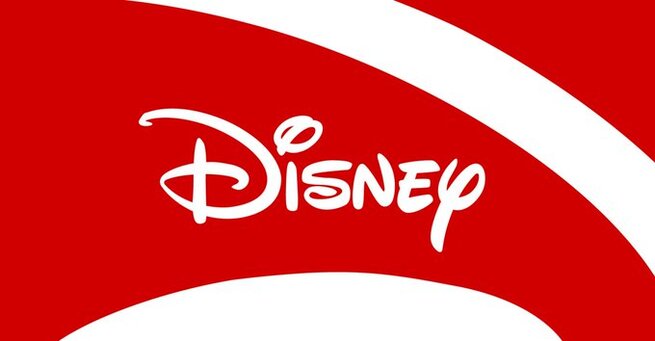
Disney has agreed to a $10 million settlement with the Federal Trade Commission (FTC) over allegations that it violated children’s privacy rules on YouTube. The FTC claimed that Disney mislabeled certain cartoon videos, allowing the company to collect personal data from children without proper protections. This Disney FTC settlement highlights growing concerns around how media companies handle kids’ data online and the need for stronger safeguards in digital spaces.
According to the FTC, Disney failed to properly label some of its popular cartoon uploads as “Made for Kids.” This designation is designed to protect children from personalized advertising and data tracking. Instead, the company allegedly used a channel-level setting that defaulted certain videos to “Not Made for Kids,” making it possible to collect personal data from underage viewers. The settlement serves as a reminder that regulators are closely monitoring how children’s online activity is managed.
The case highlights the risks children face when streaming digital content. Many parents assume kids’ content is automatically protected, but this situation shows how mislabeling can expose young viewers to unwanted tracking. The FTC settlement reinforces the importance of ensuring that platforms and content creators follow children’s privacy laws. Parents are now being urged to stay informed about how streaming services categorize kids’ programming.
This settlement is not just about one company—it sends a strong message to all digital platforms. As regulators tighten enforcement, media companies and streaming services may face greater scrutiny. Future violations could result in even higher penalties, making compliance with children’s privacy protections a priority. For YouTube and similar platforms, the case underscores the responsibility to ensure that children’s content is correctly flagged and safeguarded.
The Disney FTC settlement reflects a broader push for accountability in how children’s data is handled online. As more kids turn to digital platforms for entertainment, regulators are expected to introduce stricter rules and higher fines for violations. For parents, this case is a wake-up call to pay closer attention to how kids’ shows and cartoons are labeled, while for companies, it’s a warning that privacy missteps will not go unnoticed.
𝗦𝗲𝗺𝗮𝘀𝗼𝗰𝗶𝗮𝗹 𝗶𝘀 𝘄𝗵𝗲𝗿𝗲 𝗿𝗲𝗮𝗹 𝗽𝗲𝗼𝗽𝗹𝗲 𝗰𝗼𝗻𝗻𝗲𝗰𝘁, 𝗴𝗿𝗼𝘄, 𝗮𝗻𝗱 𝗯𝗲𝗹𝗼𝗻𝗴. We’re more than just a social platform — from jobs and blogs to events and daily chats, we bring people and ideas together in one simple, meaningful space.